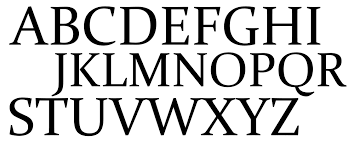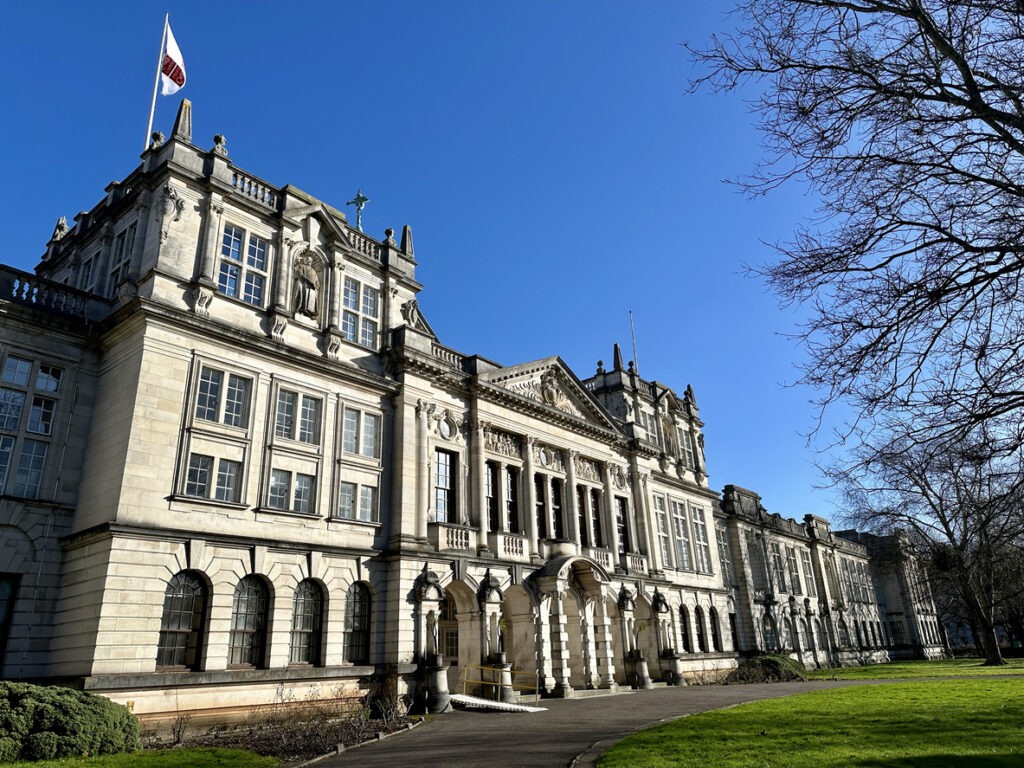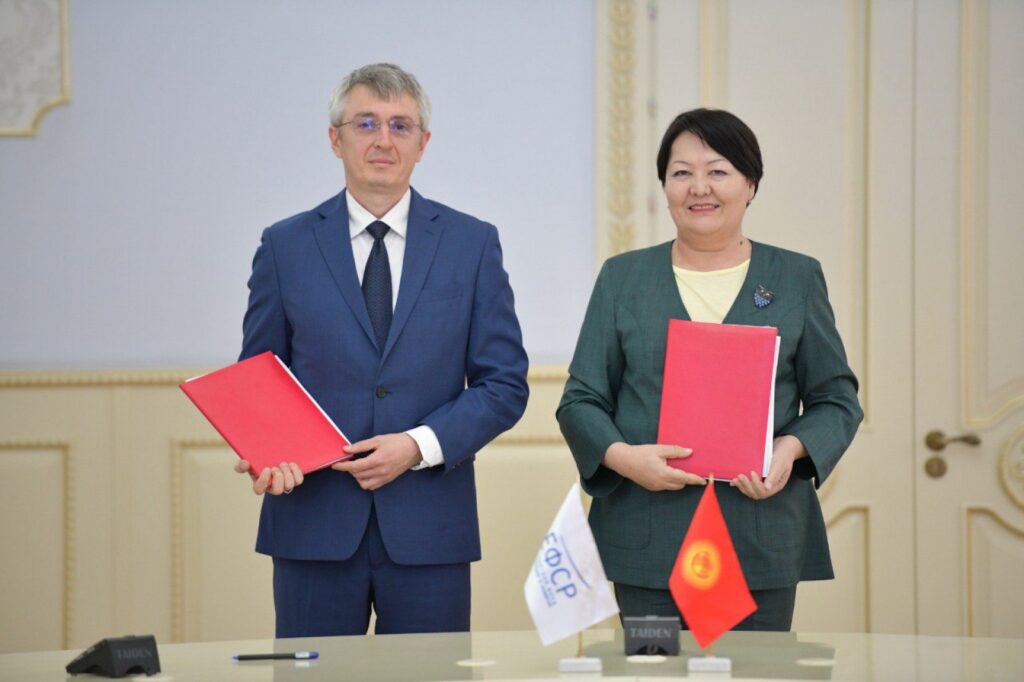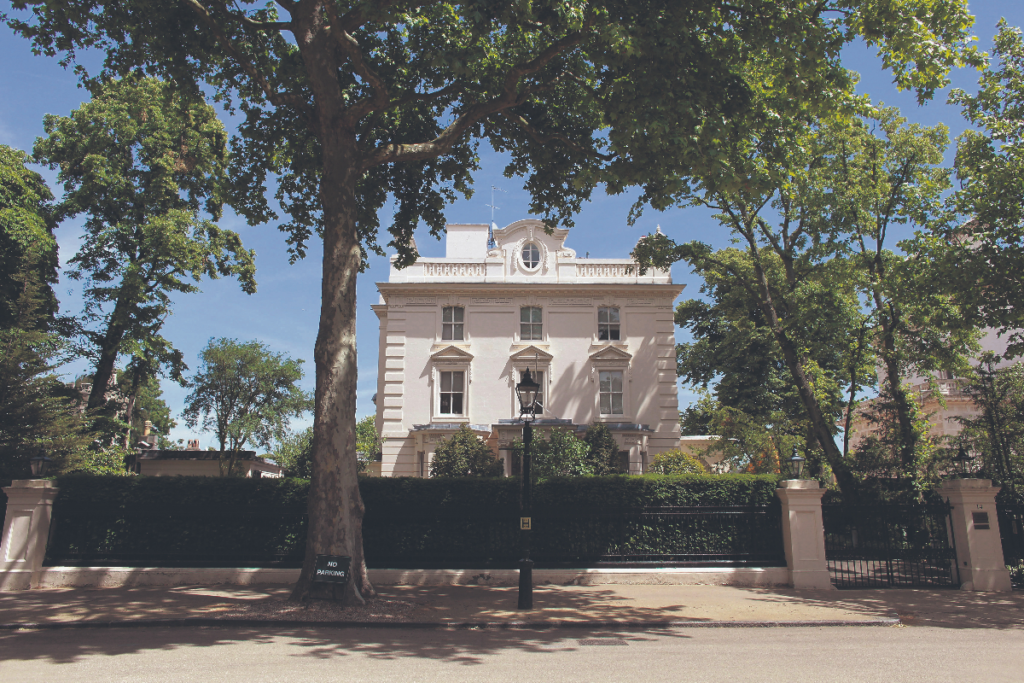ASTANA (TCA) — Kazakhstan has announced it will outline a new alphabet by the end of this year as the country plans to switch from a Cyrillic-based script to Latin, RFE/RL reports.
Kazakh Minister of Education and Science Erlan Saghadiev told reporters in Astana on July 26 that a special commission established on April 13 was working on creating “the most appropriate” variant of the Latin-based alphabet for the Kazakh language.
Kazakhstan President Nursultan Nazarbayev has ordered that all publications, documents, and street signs switch from Cyrillic to Latin by 2025.
The move is seen as an effort to emphasize Kazakh culture and distance the country from Russia.
The change marks a major shift in the former Soviet republic after its use of the Cyrillic-based alphabet for nearly 80 years.
In 1929, Soviet authorities replaced traditional Arabic-based alphabets used by Muslim minorities in the Soviet Union with Latin-based national alphabets. In 1940, the Latin alphabet was replaced with Cyrillic, the alphabet used in the Russian language.
In neighboring Kyrgyzstan, President Almazbek Atambayev last week expressed doubts about a possible switch of the Kyrgyz language from Cyrillic to the Latin alphabet.
Atambayev said the switch to Latin might divide Turkic languages and nations instead of uniting them, noting that many territories inhabited by Turkic-speaking peoples are subjects of the Russian Federation and they are using Cyrillic.
According to Atambayev, the change of the alphabet may also “break the link between generations, as many prominent Kyrgyz writers used Cyrillic when creating their works.”
After the collapse of the Soviet Union in 1991, former Soviet republics, Azerbaijan and Turkmenistan switched to Latin, while in Uzbekistan both Latin and Cyrillic have been used in parallel since 1992.








